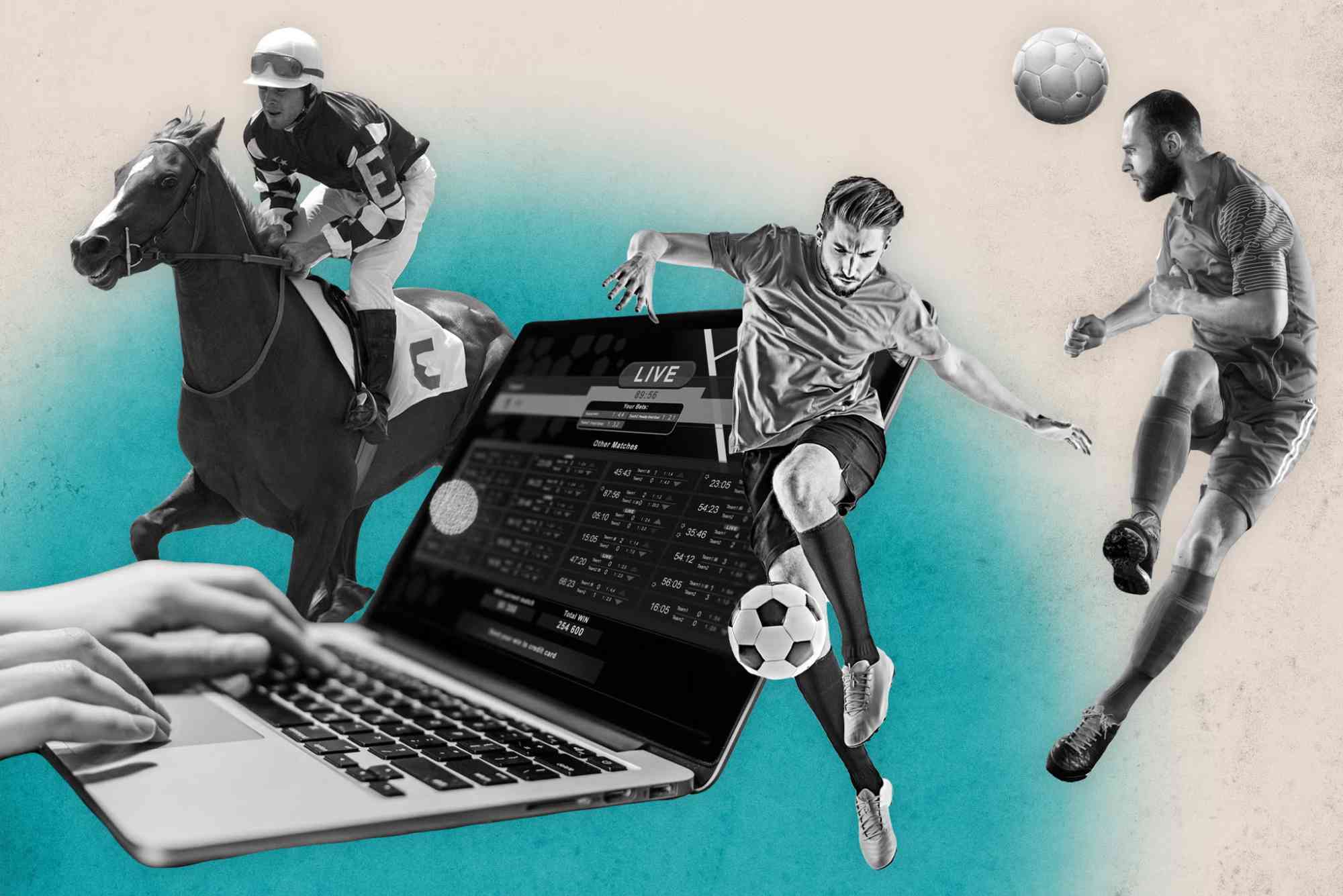If you’ve ever placed a sports bet, you may have noticed something intriguing: the odds for the exact same game can differ depending on which platform you use. At first glance, this seems puzzling. Shouldn’t the odds be consistent across the industry? After all, the teams, players, and match circumstances are the same. Yet, as anyone who shops around for the best value knows, discrepancies are common and sometimes significant. Let’s explore why these differences exist, what they mean for bettors, and how you can use this knowledge to your advantage.
How Betting Odds Are Calculated
To understand why odds differ, it’s essential to know how they’re calculated in the first place. Bookmakers don’t just pull numbers out of thin air. Instead, they use complex algorithms and vast amounts of data, analyzing team performance, player stats, injuries, weather conditions, and even historical matchups. These models give them a probability for each possible outcome.
Once the probabilities are determined, they convert them into odds while factoring in the bookmaker’s margin—the built-in edge that guarantees long-term profit. This margin ensures that the total implied probability across all outcomes exceeds 100%, which is how the house makes money. But here’s the key: no two bookmakers weigh the same data in exactly the same way. That’s where differences emerge.
Market Influence and Betting Behavior
Beyond the mathematical models, odds are also influenced by how people bet. If a large number of bettors place wagers on one side, a bookmaker may adjust the odds to balance their exposure. This is where things get interesting. One platform might have a customer base that strongly favors the home team, while another might attract international players who see value in the away side. These variations in betting behavior cause odds to shift differently across platforms.
This is also why some bettors compare multiple bookmakers before placing a wager. By spotting these differences, they can maximize value or even create arbitrage opportunities where betting both sides across different platforms guarantees a profit. Platforms such as casinos not on gamstop often display unique odds structures as they cater to broader, less restricted markets, which can sometimes amplify these differences.
Competitive Strategy Between Bookmakers
Another major factor is competition. The sports betting industry is highly competitive, and platforms constantly adjust their odds to attract customers. A bookmaker might deliberately offer slightly better odds on high-profile events to stand out from the crowd. This is particularly true during major tournaments like the World Cup or Champions League, where bettors are spoilt for choice.
At times, these strategies aren’t even about maximizing immediate profit. Instead, they serve as marketing tools, drawing new customers to sign up and deposit funds. Once a player joins, they may bet on other events where the odds aren’t as favorable, giving the bookmaker an overall advantage.
Geographic and Regulatory Differences
Odds can also differ due to regional regulations. In some countries, bookmakers face restrictions on how they price events, or they may be taxed differently, which influences their margin. For example, UK-based platforms often have to comply with strict Gambling Commission rules, while offshore sites face fewer restrictions. This leads to variations in how odds are displayed and how much value is offered to the bettor.
Geography also influences betting habits. In the US, for instance, the NFL dominates wagering, while in Europe, football (soccer) rules the roost. Because platforms know their local audience, they tailor odds accordingly. That’s why you might see better lines for less popular sports in one region compared to another.
Real-Time Adjustments and Technology
Modern sportsbooks rely heavily on real-time data feeds. As a game progresses, odds are continuously updated to reflect live conditions. Even small differences in how quickly a platform processes and integrates this information can lead to odds discrepancies. One bookmaker may react instantly to a player injury or a red card, while another might lag by a few seconds, creating momentary differences that sharp bettors can exploit.
Technology also plays a role in the tools available to bettors. Some platforms offer advanced analytics, cash-out options, or bet builders that influence how odds are displayed. These added features make the betting experience more dynamic but can also create pricing variations compared to more traditional bookmakers.
The Psychology of Bettors
It’s not just about data and technology—psychology matters too. Bookmakers know that players aren’t always rational. Many bettors follow gut instinct, national pride, or media hype. Odds are adjusted accordingly. For instance, in England, bookmakers often shorten odds on the national football team, knowing patriotic bettors will back them regardless of true probability. On international platforms, those odds may be more generous because the bias isn’t as strong.
This emotional factor explains why odds can differ so much depending on the audience a bookmaker is catering to. By accounting for these tendencies, platforms fine-tune their prices in ways that maximize profit but also create opportunity for savvy bettors willing to compare.
Should You Always Shop Around?
If you’re serious about betting, the answer is yes. Even small differences in odds can have a big impact on long-term profitability. For example, if one platform offers odds of 2.0 (even money) and another offers 2.1, that difference may seem small. But over hundreds of bets, consistently securing better value can dramatically improve your overall returns.
This is why many professional bettors maintain accounts across multiple platforms. By comparing odds before placing a bet, they ensure they’re always getting the best deal. In some cases, odds discrepancies open the door to arbitrage, where a bettor can guarantee profit by betting both sides across different platforms.
Final Thoughts
Betting odds differ across platforms for a variety of reasons: unique algorithms, market behavior, competitive strategies, regulatory differences, and even psychology. For casual players, these variations might seem minor, but for those who bet regularly, they can make a significant difference over time.
The next time you notice different odds for the same game, remember that it’s not an error—it’s the result of countless factors working behind the scenes. By understanding why these differences exist and by taking the time to shop around, you can tilt the odds just a little more in your favor.




